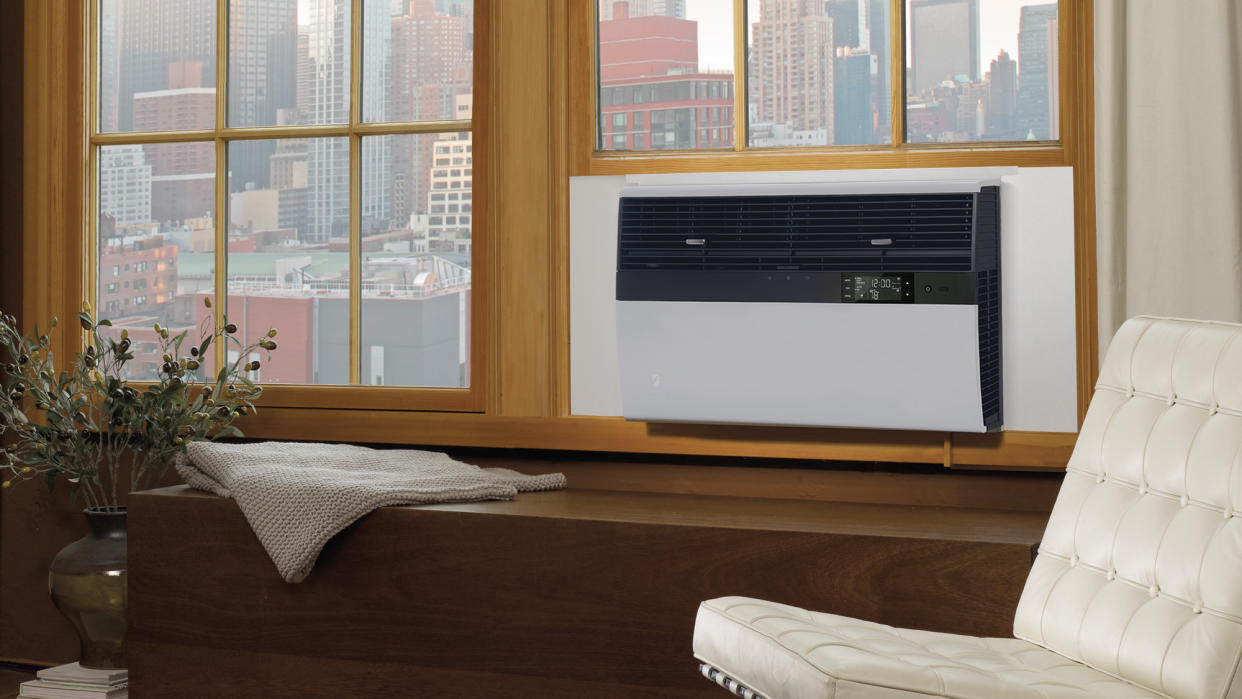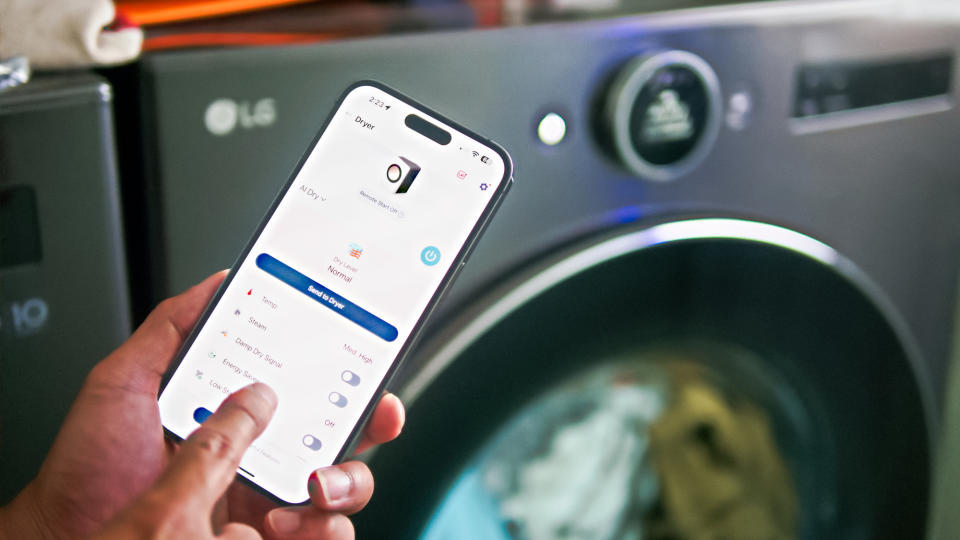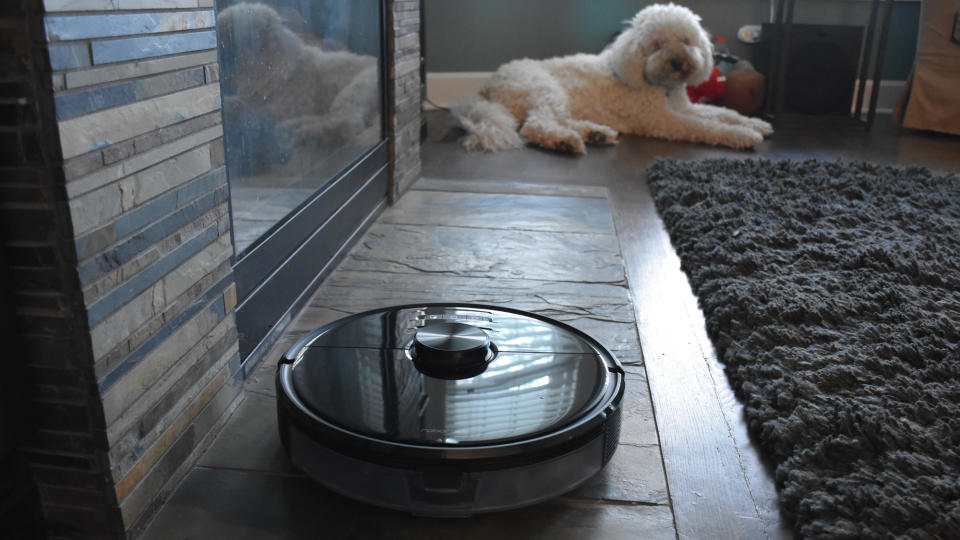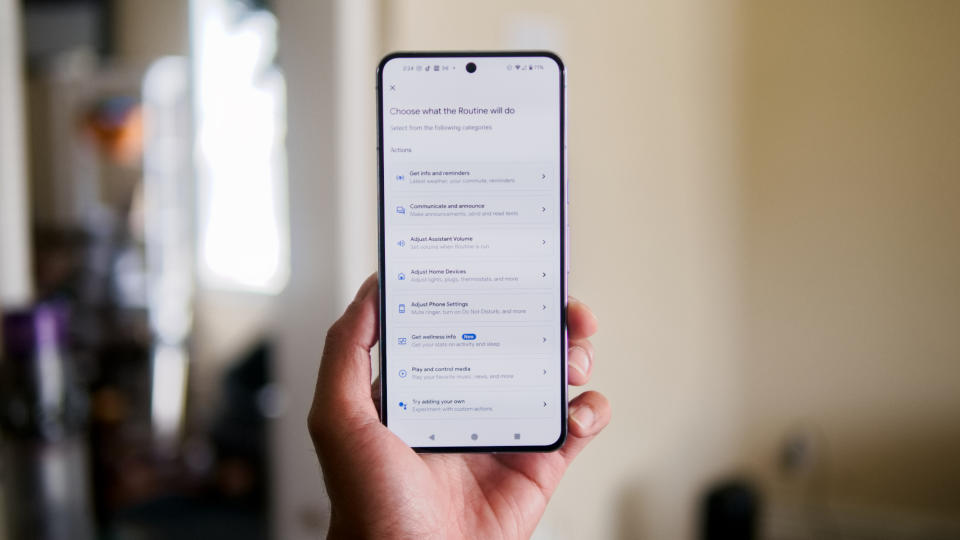I’ve been using smart appliances for years now — but do I really need them?

Thanks to the smart home revolution, my home operates differently now than what it did a decade ago. Sure, the aesthetics appear unchanged on the surface, but smart appliances have dramatically added a layer of depth to how my home operates. In the last 5 years, I’ve seen companies transforming common household appliances into smart ones — but it does beg the question of whether or not they have any meaningful purpose.
From big appliances such as refrigerators, washing machines, dryers, and ovens, to small appliances like coffee makers, microwave ovens, fans, and air purifiers, they’re becoming more connected than ever before. These smart appliances do so much more than just being able to control them through an app, such as using some of the best Alexa commands to set an additional timer to cook food in a smart microwave longer — or to set a smart air conditioner to cooler temperature.
All told, I will admit they do offer more utility, there are still times I question the need to make them smart. Here’s what I found.
Convenience at the core

The single biggest reason why smart appliances are valuable is that they provide convenience, which is a fundamental purpose of all smart devices in the home. The best example of this is remote operation, since it lets me use apps to control them when I’m not at home. We take for granted this ubiquitous feature, but it’s saved me a number of times.
Every smart appliance behaves exactly like their non-smart counterparts, but the simple addition of being connected to a home’s Wi-Fi network unlocks conveniences I wouldn’t necessarily have access to. For example, I cannot tell you the amount of times when I’m hurrying to leave for work in the morning and forget to turn on my Friedlich Kühl Q smart air conditioner so my cats don’t bake while I’m away.
It’s been a lifesaver in consistently cooling the downstairs of my home through this heatwave the northeast has been enduring the last week. But it’s been handy because of the convenience of allowing me to instantly turn it on and set its temperature through an app. I couldn’t do this if it weren’t a smart air conditioner, although one could argue that I could use the timer function on most air conditioners to effectively function the same way — but then there are situations when I don’t need it to run and waste power when it’s on a schedule.
For other larger appliances, however, it’s a tougher selling point because I really don’t need to remotely turn on my LG ThinQ front load smart washer. It’s not like the clothes will put themselves into the washer on their own, so large appliances like this still require my intervention. It’s the same with the companion LG smart dryer I use, which talks to the washer to dial in the settings to optimize its drying performance based, but it doesn’t have as much of a meaningful impact.
Multi-functioning purpose, people often don’t use their full potential

Another reason to consider getting smart appliances is how they often than not are multi-function devices. They might serve a core purpose, but I’ve been using robot vacuum cleaners in my home, like the Roborock S6 MaxV, as a watchdog of sorts to patrol my home when I’m not physically there with its built-in camera.
There’s also my Dyson Pure Humidify + Cool, which delivers the functions of a fan, air purifier, and air quality sensor all rolled into one. Through the app, it provides me high-level details about the air quality in my home, like the amount of particulate matter that is the result of using aerosol sprays for cooking. The data it gathers isn’t only useful at informing me about the conditions in my home when I’m there or not, but it serves a purpose in helping me to also uncover trends I wouldn’t necessarily be aware of.
This level of functionality and accessibility to the data wouldn't be possible if appliances weren’t smart.
Routines are helpful, but often complicated

I know there are diehard smart home users that take smart appliances into overdrive by setting up routines (also known as automations) that perform more complex actions between many smart appliances. For example, I’ve set an automation that lets me use my phone’s GPS coordinates to trigger my LG ThinQ to start running a load of laundry (that I’ve thrown in beforehand) when I leave work — so that by the time I get home, it’s done and ready for me to throw into the dryer.
While I certainly have no problem setting these automations and routines with Google Home or Amazon Alexa, I definitely know my older father who isn’t as tech savvy wouldn’t be as capable. This brings me to the problem of how complicated they can be to set up and manage. But another revolution could solve these problems.
AI could usher a new smart home revolution
The absolute biggest trend I’ve seen in the last year is how artificial intelligence is being adopted into more devices, which could give smart appliances even more value. Take for instance the routines I’ve mentioned, which need to be created manually. Instead of this painstaking process, I could see how AI could learn routines, make suggestions, and then take action on them — with or without my authorization.
The example of laundry left in my washer is a perfect example of how AI could make smart appliances more helpful by offering recommendations and actions. Wouldn’t it be cool if it could ask me on my phone to run the load of laundry when I begin to leave work? Or perhaps know that I forgot to turn on my smart air conditioner before leaving and turn it on based on the weather forecast for the day?
This would also eliminate my need to constantly create and modify existing automations I’ve set with Google Home, making my smart appliances less reliant based on my interventions. We’re not there yet, but I’m hopeful that AI could bridge all of my smart appliances in a way that I rarely ever have to intervene.


